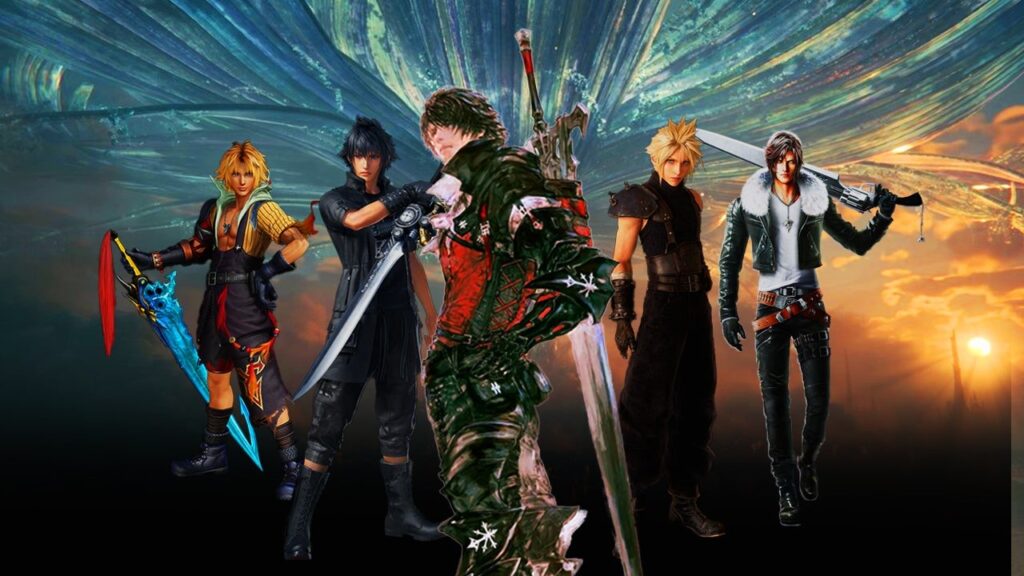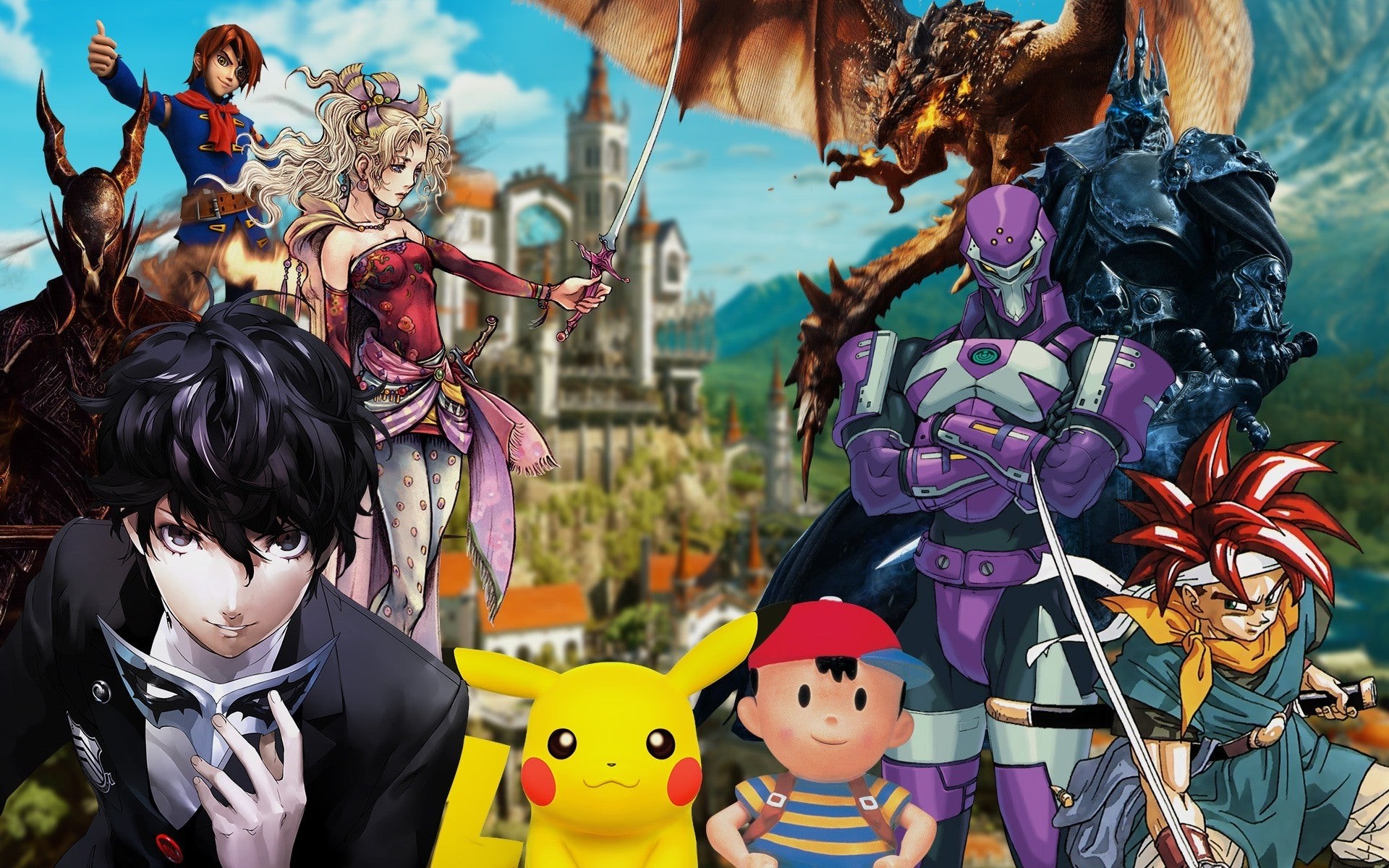Top 5 RPG Games of All Time: History and Features
Role-playing games (RPGs) have evolved significantly since their inception, shaping the landscape of interactive storytelling and gaming experiences. From classic tabletop adventures to immersive digital worlds, RPGs have garnered acclaim for their compelling narratives, strategic gameplay, and memorable characters. This article explores five RPG games that have left an indelible mark on the gaming industry, examining their history, features, and enduring appeal.
1. Dungeons & Dragons
History: Dungeons & Dragons (D&D) stands as the quintessential tabletop RPG, first published in 1974 by Gary Gygax and Dave Arneson. Inspired by fantasy literature and wargaming, D&D introduced players to a world of imagination where they could create characters, embark on quests, and interact with a dynamic game world shaped by the Dungeon Master (DM). Over the decades, D&D has expanded with numerous editions and settings, becoming a cultural phenomenon and influencing generations of gamers.
Features: D&D emphasizes collaborative storytelling, strategic combat, and character progression. Players assume roles such as wizards, warriors, rogues, and clerics, each with unique abilities and motivations. The game’s rules encourage creativity and improvisation, allowing players to explore diverse settings—from medieval fantasy realms like the Forgotten Realms to futuristic landscapes in Eberron.
2. Final Fantasy Series

History: Developed by Square Enix (formerly Square) in 1987, Final Fantasy revolutionized the RPG genre with its cinematic storytelling, memorable characters, and innovative gameplay mechanics. Initially released for the Nintendo Entertainment System (NES), the series has since spanned multiple consoles and generations, captivating audiences with its expansive worlds and emotional narratives.
Features: Each installment of Final Fantasy offers a standalone story set in a fantastical universe filled with magic, technology, and mythical creatures. The games feature turn-based combat, character customization, and intricate plots exploring themes of love, friendship, and redemption. Notable entries include Final Fantasy VII, celebrated for its groundbreaking 3D graphics and complex narrative, and Final Fantasy X, praised for its emotional depth and character development.
3. The Elder Scrolls Series: Skyrim
History: Bethesda Game Studios introduced The Elder Scrolls series in 1994 with Arena, evolving into a critically acclaimed franchise known for its open-world exploration and player freedom. Skyrim, released in 2011, became a cultural phenomenon, setting a new standard for immersive RPG experiences with its vast, detailed world and dynamic gameplay. Features of an online role-playing game, read about its pros and cons.
Features: Skyrim immerses players in the northern province of Tamriel, where they can explore ancient ruins, battle dragons, and forge alliances in a civil war. The game offers expansive character customization, allowing players to master various skills—from archery and magic to stealth and speechcraft. Skyrim’s modding community has further extended its longevity, enabling players to create and share custom content.
4. Mass Effect Series
History: Developed by BioWare and first released in 2007, Mass Effect redefined the RPG genre with its blend of tactical combat, player choice, and rich narrative. Set in a futuristic universe, the series follows Commander Shepard, a customizable protagonist tasked with defending the galaxy from extraterrestrial threats and navigating complex moral dilemmas.
Features: The Mass Effect series combines third-person shooter gameplay with RPG elements such as character dialogue, decision-making, and relationship building. Players shape Shepard’s personality and alliances through branching storylines and consequential choices that impact the game’s outcome. The series is lauded for its deep lore, memorable characters—including alien species like the Turians and Asari—and thematic exploration of humanity’s place in a diverse galactic community.
5. The Witcher 3: Wild Hunt

History: Developed by CD Projekt Red and released in 2015, The Witcher 3: Wild Hunt garnered widespread acclaim for its mature storytelling, open-world design, and morally complex quests. Based on the book series by Andrzej Sapkowski, the game follows Geralt of Rivia, a monster hunter (Witcher), as he navigates political intrigue, battles supernatural creatures, and searches for his adoptive daughter.
Features: The Witcher 3 offers a meticulously crafted open world set in the war-torn land of Temeria, where players undertake quests ranging from slaying monsters to negotiating peace treaties. The game features real-time combat, character progression, and a robust narrative driven by player choices that influence the game’s multiple endings. With its richly detailed environments and morally ambiguous characters, The Witcher 3 has set a new standard for storytelling in RPGs.
The RPG genre continues to thrive, offering players diverse experiences that blend storytelling, exploration, and strategic gameplay. These five games—Dungeons & Dragons, Final Fantasy series, The Elder Scrolls: Skyrim, Mass Effect series, and The Witcher 3: Wild Hunt—stand as exemplars of innovation and creativity in gaming. Whether played on tabletops or consoles, they have captivated audiences worldwide and inspired generations of gamers to embark on epic quests and explore fantastical worlds.
For further exploration of RPG games, visit IGN for additional insights and resources.

